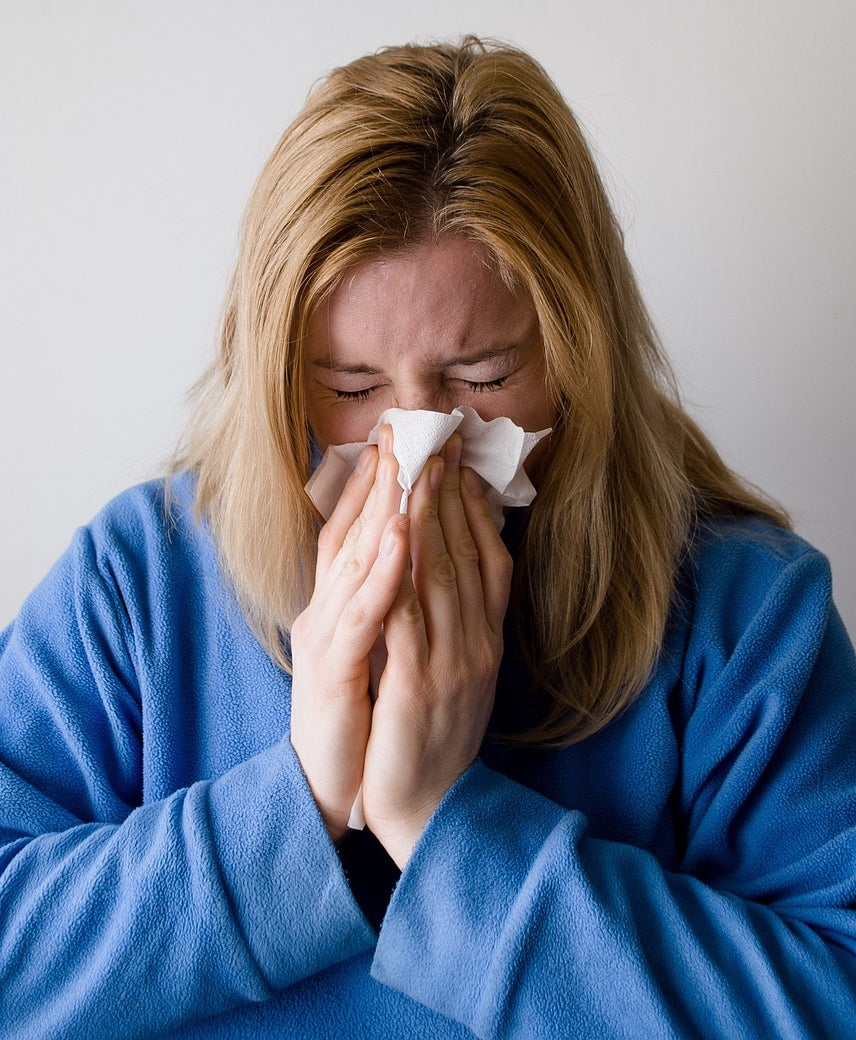Seasonal allergies typically start around February and can last until August or September. These allergies happen when plants release pollen, a powdery substance crucial for their reproduction. Breathing in this pollen can trigger allergic reactions. When the body sees pollen as a threat, it reacts, causing symptoms like sneezing, watery, itchy eyes, a runny nose, sore throat, headache, and coughing.
But what if something as simple and sweet as honey could provide relief? Not just any honey, but local honey – the kind that's made by bees in your neighborhood.
The idea is intriguing and has been a topic of discussion for both allergy patients and scientists alike. Let’s dive into the world of local honey and allergies and see if this natural remedy is a sweet solution or just a myth.
The Theory Behind Local Honey and Allergies
The theory is charmingly straightforward: local honey contains pollen from the very plants that trigger your allergies. By consuming this honey, you're introducing these allergens into your system in small, manageable doses. Over time, the body becomes accustomed to these pollens, reducing your allergic response. It's akin to a natural form of immunotherapy.
Think of it as a training course for the immune system, with honey as the coach. The bees move from flower to flower, collecting nectar and pollen, which eventually ends up in the honey they produce. When you eat local honey, you're essentially getting a taste of your local floral landscape, and supposedly, building your tolerance to the allergens it contains.
What Does Science Say?
Before you rush to your nearest farmer's market, let's see what science has to say. A study conducted by the University of Connecticut Health Center found that consuming local honey had no effect on allergy symptoms compared to consuming commercial honey or a honey-flavored placebo. This was a bit of a letdown for local honey enthusiasts.
The concept behind honey treating allergies is like allergy shots, but unlike proven shots, honey's effectiveness isn't confirmed. When you eat local honey, you might consume local pollen. Over time, this could make you less sensitive to the pollen and reduce seasonal allergy symptoms.
However, not all hope is lost. Another study found that honey eaten at a high dose did improve a person’s allergy symptoms over eight weeks. These studies have conflicting results, making it hard to determine if local honey could reliably help a person reduce their seasonal allergy symptoms. Larger-scale studies are needed to confirm or recommend a certain amount of honey.
Allergy treatment with honey - Evidence from East Coast of Peninsular Malaysia:
In a study conducted in the East Coast of Peninsular Malaysia, honey demonstrated its potential in improving allergic rhinitis symptoms. The study involved forty patients, divided into a case group and a control group. Both groups received daily loratadine for four weeks. Additionally, the case group ingested 1 g/kg body weight of honey daily, while the control group consumed honey-flavored corn syrup as a placebo. Results showed that, at week 4, both groups exhibited improvement, but by week 8, only the case group continued to show significant progress in symptom scores. Specifically, the honey-ingesting group displayed a notable improvement in individual allergic rhinitis symptoms, and this improvement lasted for a month after the treatment was stopped.
The Anecdotal Evidence
Despite the lack of solid scientific backing, there’s a hive of anecdotal evidence supporting local honey for allergy relief. Many people swear by it, claiming significant reductions in their allergy symptoms after incorporating local honey into their diet. While this evidence is purely anecdotal, it's hard to ignore the buzz it's created.
How to Use Local Honey for Allergies
If you're keen to try local honey for your allergies, it's important to do it safely and sensibly. First, ensure that you're not allergic to honey or bees. Start with small amounts, like a teaspoon a day, and see how your body reacts. Gradually increase your intake to a few teaspoons per day, spread out over the day.
Remember, it has to be local. The closer the honey is sourced to where you live, the better. This ensures that the pollen in the honey is from plants you're regularly exposed to.
Other Benefits of Local Honey
Even if the jury is still out on local honey's effectiveness for allergies, it's a powerhouse of other benefits. It's a natural sweetener, packed with antioxidants, and has antimicrobial properties. Plus, buying local honey supports local beekeepers and the bee population, which is crucial for our ecosystem.
Conclusion
While we can't definitively say that local honey is a cure for allergies, there's enough intrigue and anecdotal evidence to consider giving it a try. It’s a delicious experiment, if nothing else. Worst case scenario, you end up sweetening your tea with a product that supports your local ecosystem. Best case? You find a natural way to ease those pesky allergy symptoms. Either way, it's a win-win situation.
So next time you're at a local farmer's market, why not pick up a jar of local honey? Whether it eases your allergies or just your sweet tooth, it’s a spoonful of goodness worth trying.
Reference
Healthline (2023). Honey for Allergies. Retrieved from https://www.healthline.com/health/allergies/honey-remedy
National Library of Medicine (2013). Ingestion of honey improves the symptoms of allergic rhinitis: evidence from a randomized placebo-controlled trial in the East Coast of Peninsular Malaysia. Retrieved from https://www.ncbi.nlm.nih.gov/pmc/articles/PMC6074882/
CNBC (2023). Myth or fact? Eating local honey can cure seasonal allergies: ‘It’s a complicated answer,’ doctor says. Retrieved from https://www.cnbc.com/2023/04/14/local-honey-for-allergy-symptoms-heres-what-a-doctor-says.html
Fowler, P. (2016). Does Honey Prevent Allergies? Retrieved from https://www.webmd.com/allergies/features/does-honey-help-prevent-allergies

